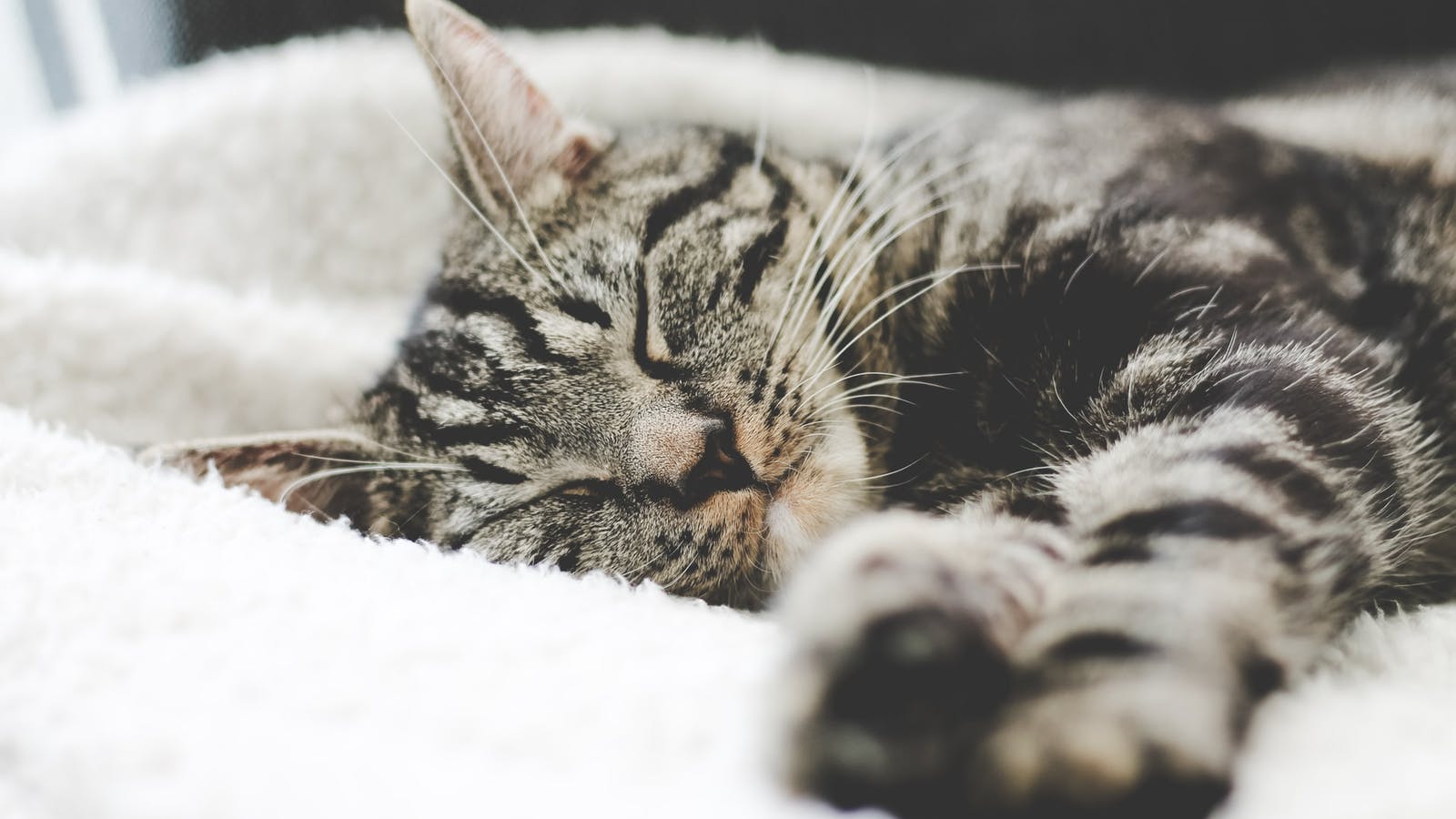Nothing's worse than not being able to be productive for an entire day after a terrible night's sleep . A lack of sleep (less than 7 hours) affects your cognitive performance and leads to weight gain, affects our hormones and contributes to poor nutrition.
Diet and sleep
Sleep and good nutrition are essential to long-term health for a multitude of reasons.
A poor diet can also lead to sleep problems. It is essential to have a sufficient intake of vitamins, plants and minerals to have restful and restorative sleep.
A study conducted by the American Society for Nutrition shows that people with less than 7 hours of sleep per night consume less vitamins A, D and B1 . They have a low intake of magnesium, calcium and zinc. Our body does not produce the majority of these micronutrients; the role of our diet and our environment is to provide them in sufficient quantities. The study thus shows that people whose sleep duration is short could enormously benefit from the role of food supplements in order to make up for their lack of vitamin and mineral intake. If you want to take matters into your own hands and no longer have sleep problems, you can start by including plants, vitamins and minerals that you are missing in your body in your diet. Discover our sleep gummies that will help you quickly fall back into the arms of Morpheus!
What foods promote sleep?
Here is a list of foods and drinks to encourage to limit sleep problems and falling asleep:
- hazelnuts and almonds, because they relax the muscles, intensify the secretion of the sleep hormone, melatonin, while softening that of stress (cortisol).
- honey because it promotes restorative sleep, by increasing insulin levels in the blood and stimulating the production of tryptophan in the brain.
- herbal tea or herbal teas (take 30 minutes before bed)
- a banana with dinner, as it is considered a natural sleep aid
- salmon, vitamin b6 present in fish helps produce melatonin, the sleep hormone
- cherry juice, many varieties of cherries are a natural source of melatonin
- foods rich in tryptophan such as turkey but also warm milk
- green leafy vegetables (kale for example) soothe the nervous system and promote muscle relaxation
- Dark chocolate increases blood sugar levels and stimulates sleep hormones
What foods should you avoid in the evening?
- red meat because it takes longer to digest than other meats
- avoid the consumption of caffeine, tea and alcohol which are stimulants
- citrus fruits, for those who already have a case of insomnia, should be avoided!
- legumes because they have a long digestion process
- spicy dishes will make you very thirsty and may have a negative effect on your quality of sleep
- starchy foods to avoid storing excess calories overnight
The quality of your sleep and the regulation of your weight are very strongly linked. So we all go back under the covers to eat better!
Come and answer our questionnaire to find out what your body needs and so that we can provide you with your personalized solution.

